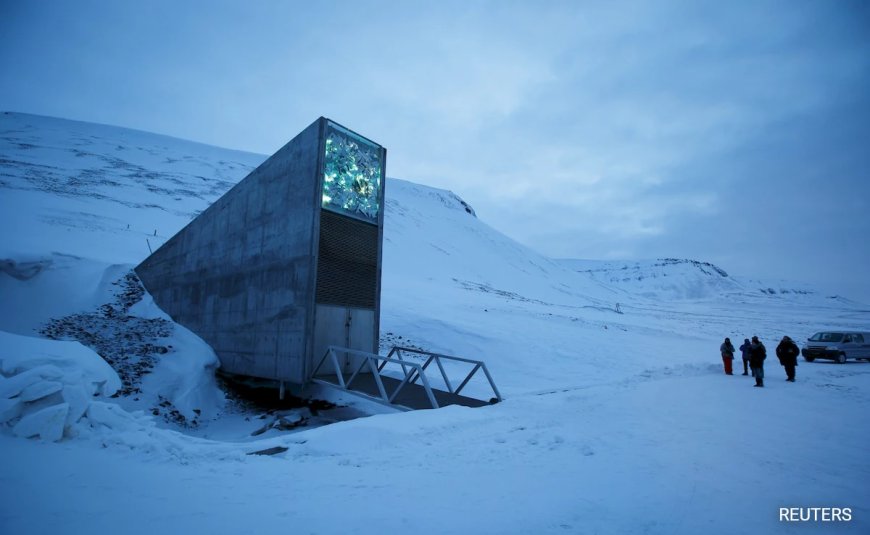Why An African Nation Is Sending Samples To "Doomsday" Vault In The Arctic
Sudan, a country bordering Egypt in northeast Africa has decided to send crop samples to the "doomsday" vault in a remote Norwegian island in the Arctic. These genetic samples are of food crops seeds. But why is Sudan doing this?

Why An African Nation Is Sending Samples To "Doomsday" Vault In The Arctic
In an unprecedented move, an African nation has decided to send critical samples to the "Doomsday" Vault located in the Arctic. This initiative stems from growing concerns about climate change, biodiversity loss, and the preservation of genetic resources. The Doomsday Vault, officially known as the Svalbard Global Seed Vault, serves as a global backup for the world’s food supply, ensuring that essential crop varieties are safeguarded against potential disasters.
The Importance of the Doomsday Vault
The Svalbard Global Seed Vault, situated on the Svalbard archipelago of Norway, was established in 2008 as a safety net for the world’s agricultural biodiversity. With the increasing threat of natural disasters, geopolitical conflicts, and climate change, the storage of seeds from diverse ecosystems becomes crucial. The African nation recognizes that its agricultural heritage and biodiversity are invaluable, and preserving these resources is vital for future generations.
Why This African Nation is Taking Action
This nation’s proactive approach reflects a commitment to sustainability and long-term food security. By sending samples to the Arctic vault, it aims to protect its native seeds from potential climate-related adversities. Moreover, it seeks to contribute to global efforts in preserving genetic diversity in crops, which is essential for adapting to changing climatic conditions.
Potential Benefits to Global Food Security
Storing seeds in the Doomsday Vault not only benefits the African nation but also plays a crucial role in global food security. These seeds can be vital for research and development of resilient crop varieties that can thrive in evolving environmental conditions. As climate patterns shift, having access to a diverse genetic pool is essential for ensuring food systems can adapt and endure.
Future Implications and Global Cooperation
As more countries recognize the value of the Svalbard Vault, global cooperation in preserving biodiversity will become increasingly important. This effort symbolizes a united front against the threats posed by climate change and environmental degradation. For this African nation, sending samples to the Doomsday Vault underscores a pioneering spirit that may inspire others to follow suit and contribute their genetic resources for the greater good.
In conclusion, the decision by this African nation to send samples to the "Doomsday" Vault highlights the urgency of safeguarding our agricultural heritage in the face of mounting environmental challenges. By participating in this global initiative, it not only protects its biodiversity but also plays a pivotal role in ensuring the resilience of food systems worldwide.
News by dharmyuddh.com Keywords: African nation sending samples, Doomsday Vault Arctic, Svalbard Global Seed Vault, climate change food security, biodiversity preservation efforts, agricultural heritage conservation, global cooperation on biodiversity, genetic resources safeguard, environmental challenges and solutions, importance of seed banks.







